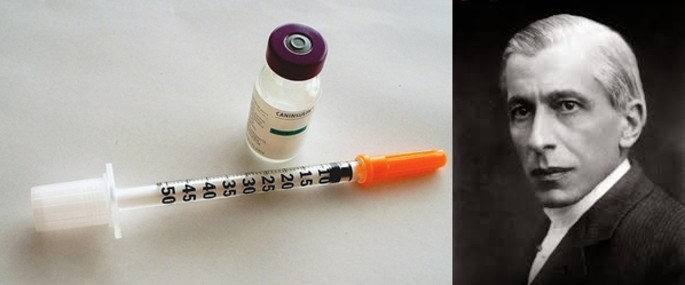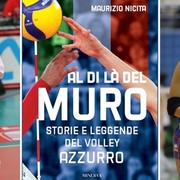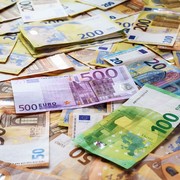The two Canadians are believed to have made the discovery, because Păulescu had only managed to create a substance administrable to dogs when the First World War started in Romania and the scientist was forced to postpone the final stages of his research. Banting and Best used Păulescu’s work and developed the substance that was called insulin and could be administered to humans.
Nicolae Păulescu was born on the 8th of November 1869 in Bucharest, Romania. He was the first of the four children born to the Păulescu family. The young Păulescu showed remarkable abilities from a very early age by rapidly becoming fluent in French, Latin and Ancient Greek. He also had a talent for drawing, music and an inclination towards natural sciences.
He finished high school in 1888 and then went to Paris to enroll in Medical School. He obtained his Doctor of Medicine degree in 1897 and then he worked at the Notre-Dame du Perpétuel-Secours Hospital until 1900, when he returned to Romania.
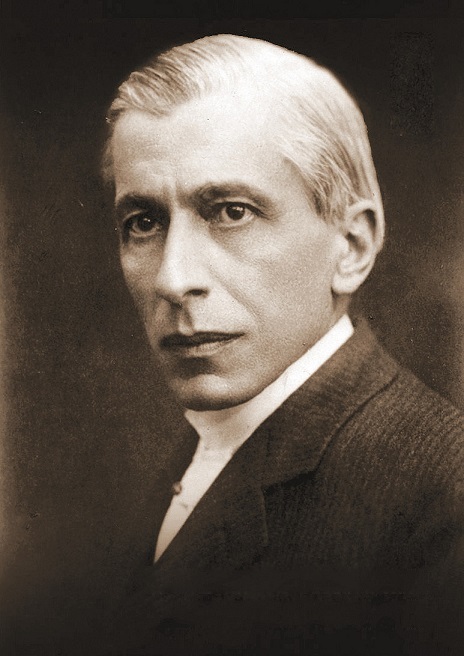
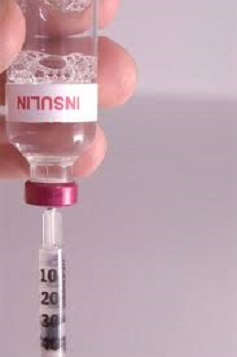
In 1916, he managed to obtain a substance which he extracted from a bovine pancreas and which he called pancreine. He wrote a paper in which he described his findings, called “Research on the Role of the Pancreas in Food Assimilation”, which he submitted to the Archives Internationales de Physiologie in Liège, Belgium. It was published in August 1921.
Prof. Paulescu used this article and his patent to try to prove that was the true discoverer of insulin and the one who truly deserved the Nobel Prize, but it was to no avail. He died in 1931 very unhappy about not receiving the recognition he deserved.
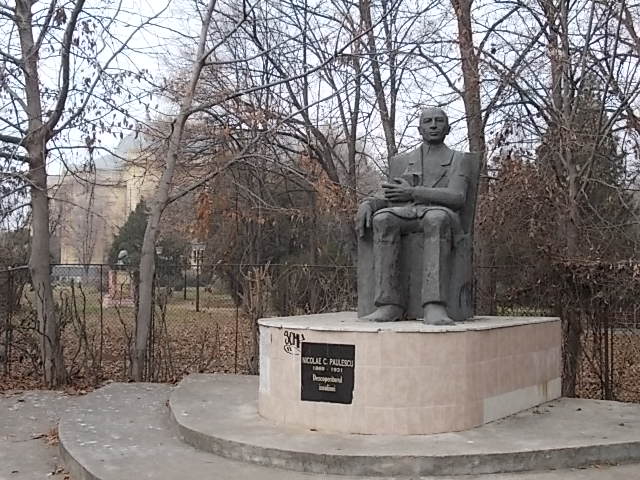
In 1968, the Scottish physiologist Ian Murray initiated an international campaign to restore the truth and as a result, the Nobel Committee recognized Păulescu’s merits and his priority in the discovery of insulin, but refused to award any official compensation.
Păulescu was refused yet another honor in 2003, when the inauguration of his bust in front of the Hôtel-Dieu State Hospital had to be cancelled due to protests from numerous Jewish organizations. However, although misguided in his anti-Semitic beliefs, Păulescu should not be refused recognition for his important work.
Sources:

